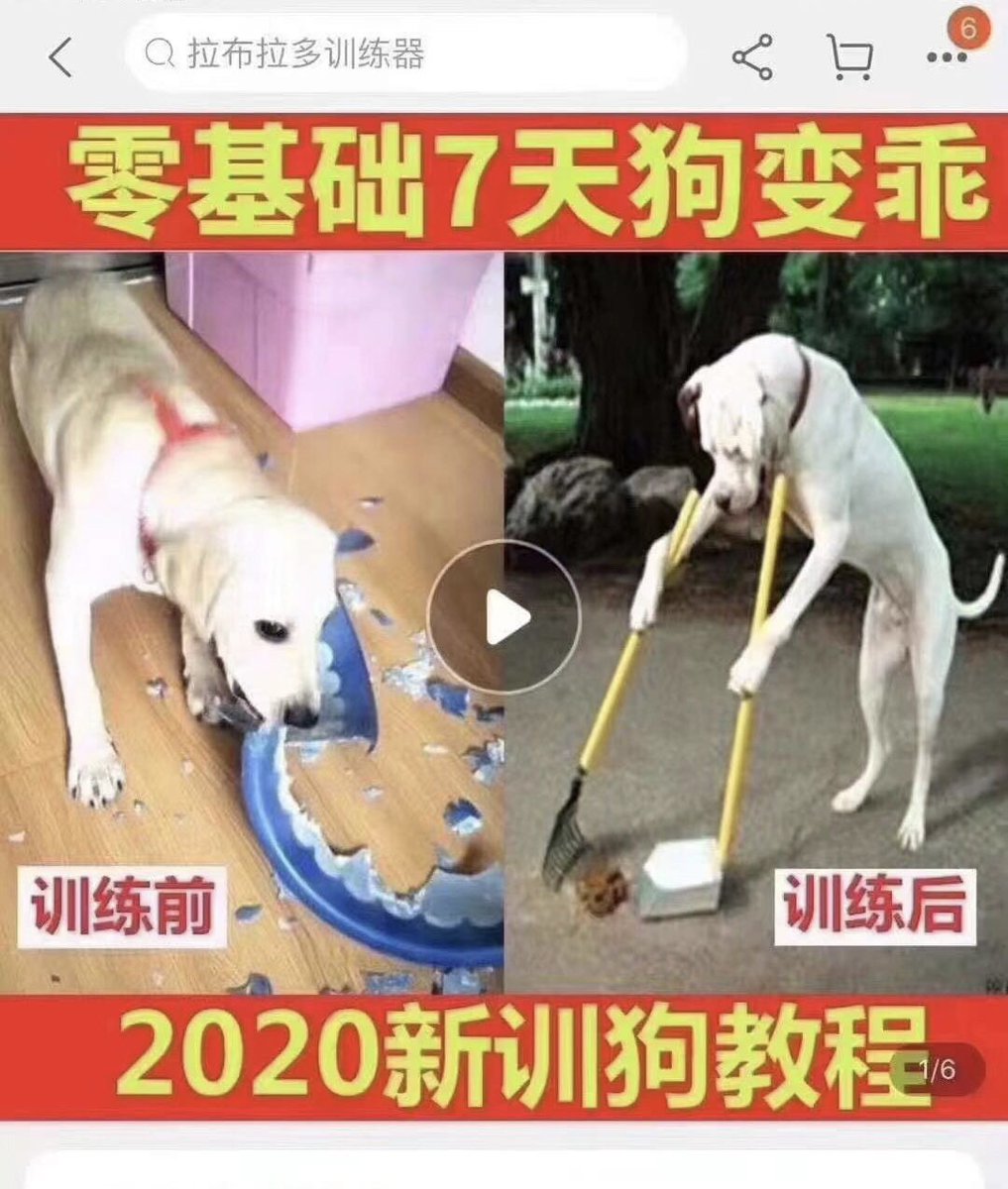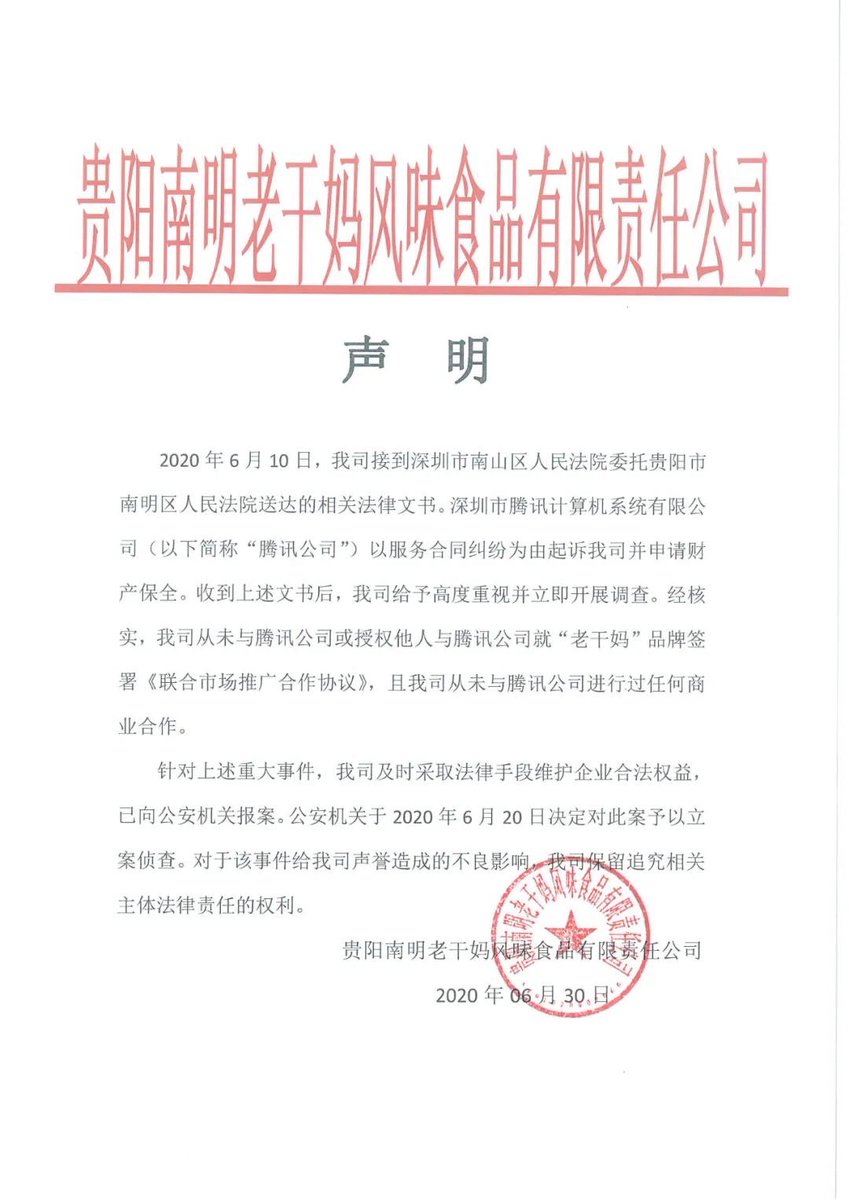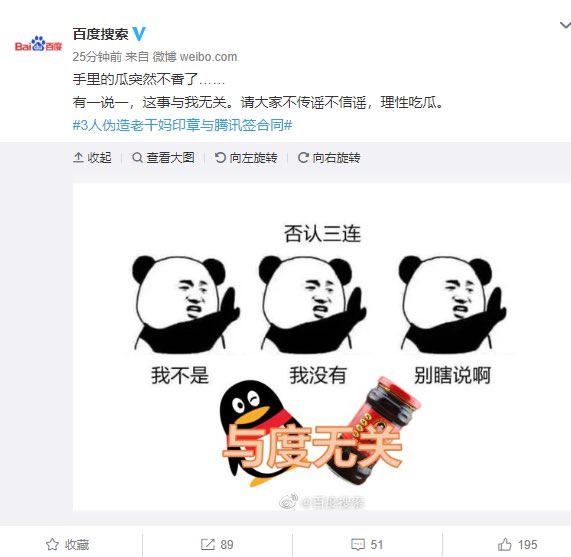
This month I wrote about Chinese new immigrants and their vibrant food communities on WeChat, the msg app that’s soon to be banned by Trump administration. It’s largely unbeknown to non-Chinese eaters, but the app has brought a lifeline to struggling Chinese restaurants NYC 1/
https://twitter.com/EaterNY/status/1320808836123545601
It all started when @diaodiao_yang added me to a WeChat group of August Gatherings. The fusion Cantonese restaurant was reopened in August and struggling with all the NYC reopening problems. And they launched their very first WeChat group to connect with loyal customers /2
In fact, as soon as August Gatherings launched the group, ppl flocked to it. It took less than 24 hrs to hit the 500-member cap, and a month later the restaurant is running 15+ groups w/ 7000+ members across NYC, Upstate & NJ. Ppl can order food from WeChat w/o leaving WeChat /3
Turning loyal customers into a WeChat-based community is a common business strategy exported from China to Chinese diaspora. This is only possible because Chinese users treat WeChat as an all-in-one place for messaging, social media, mobile payment, and so much more /4
WeChat also hosts active communities for ppl to exchange food tips. It also created the biggest source of Chinese restaurant reviews in NYC—after all, many customers deem WeChat reviews more trustworthy than American ones, as the authors share similar cultural backgrounds /5
A huge collateral damage from WeChat ban is the modern Chinese food scene: The regional, authentic cuisines recently thriving in the city. They are the result of the influx of high-skilled workers & intl students, but many are already facing increasing hostility from U.S. gov /6
I spoke to restauranteurs, customers, influencers...It’s really not just about the app ban. It’s the uncertainty—not knowing what will be problematic and even incriminating—a much bigger problem as U.S.-China relation deteriorates /7
Much like other social media platforms, WeChat can be a cesspool of misinformation and propaganda, which I’ve been covering in the past few years. But that doesn’t change the fact that the app is also a crucial support system to new immigrants /8
There’s something tragically poignant about the ban, and Chinese immigrants’ centuries of struggles. Chinatowns were initially established as an all-in-one supporting system so Chinese immigrants don’t have to deal with the racism and xenophobia outside 9/
And Chinatowns suffered so much stigma that deserves a brand new thread (or book) to cover. Centuries later, as new immigrants finally get to leave physical Chinatowns behind and build virtual support network overseas, the cyber space becomes a target again /10 END
• • •
Missing some Tweet in this thread? You can try to
force a refresh















